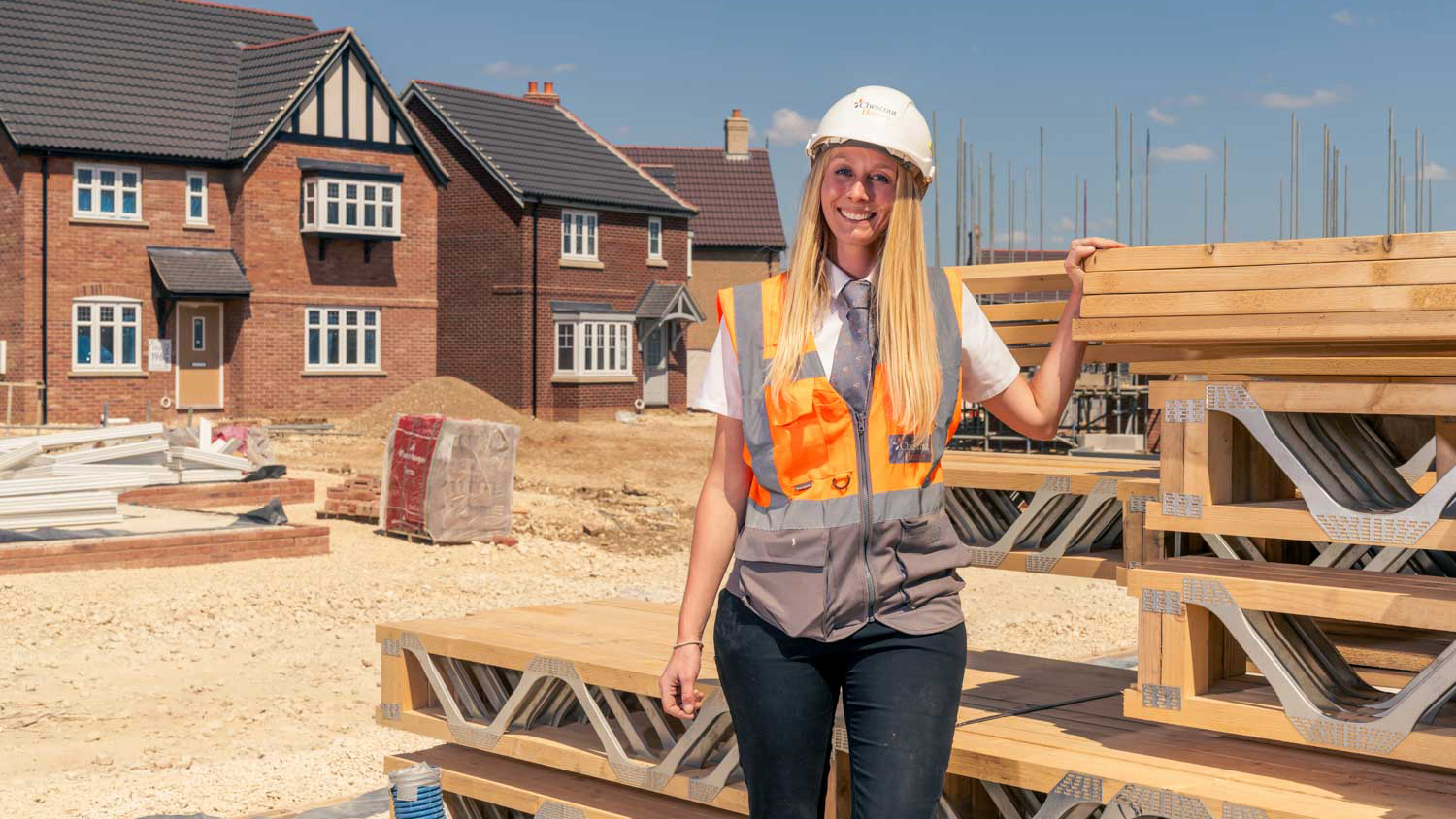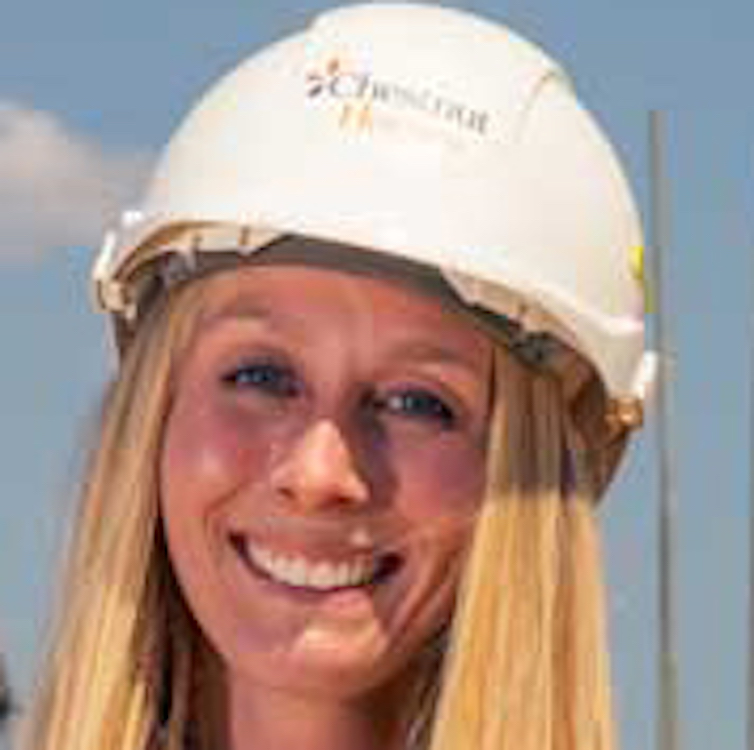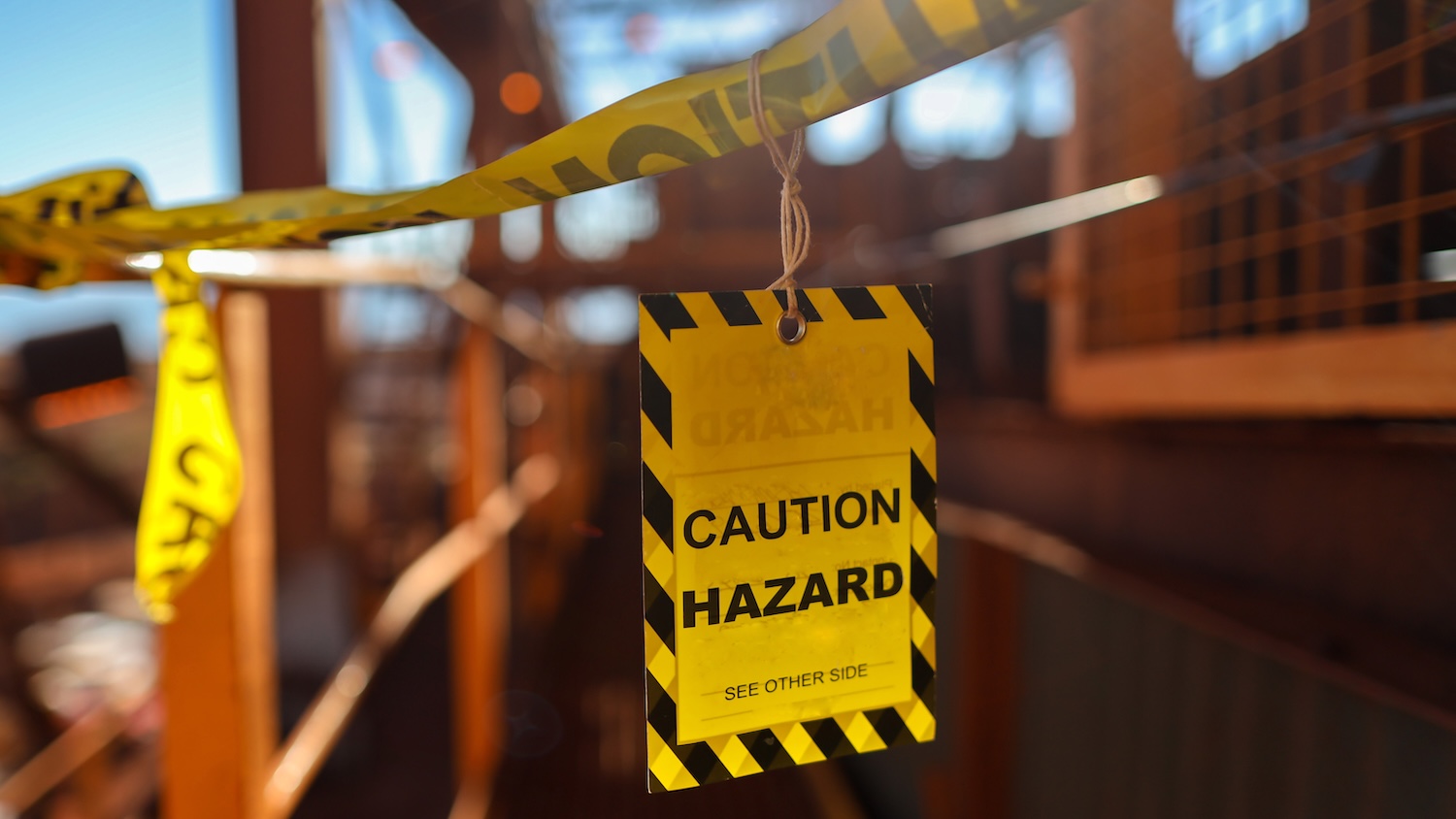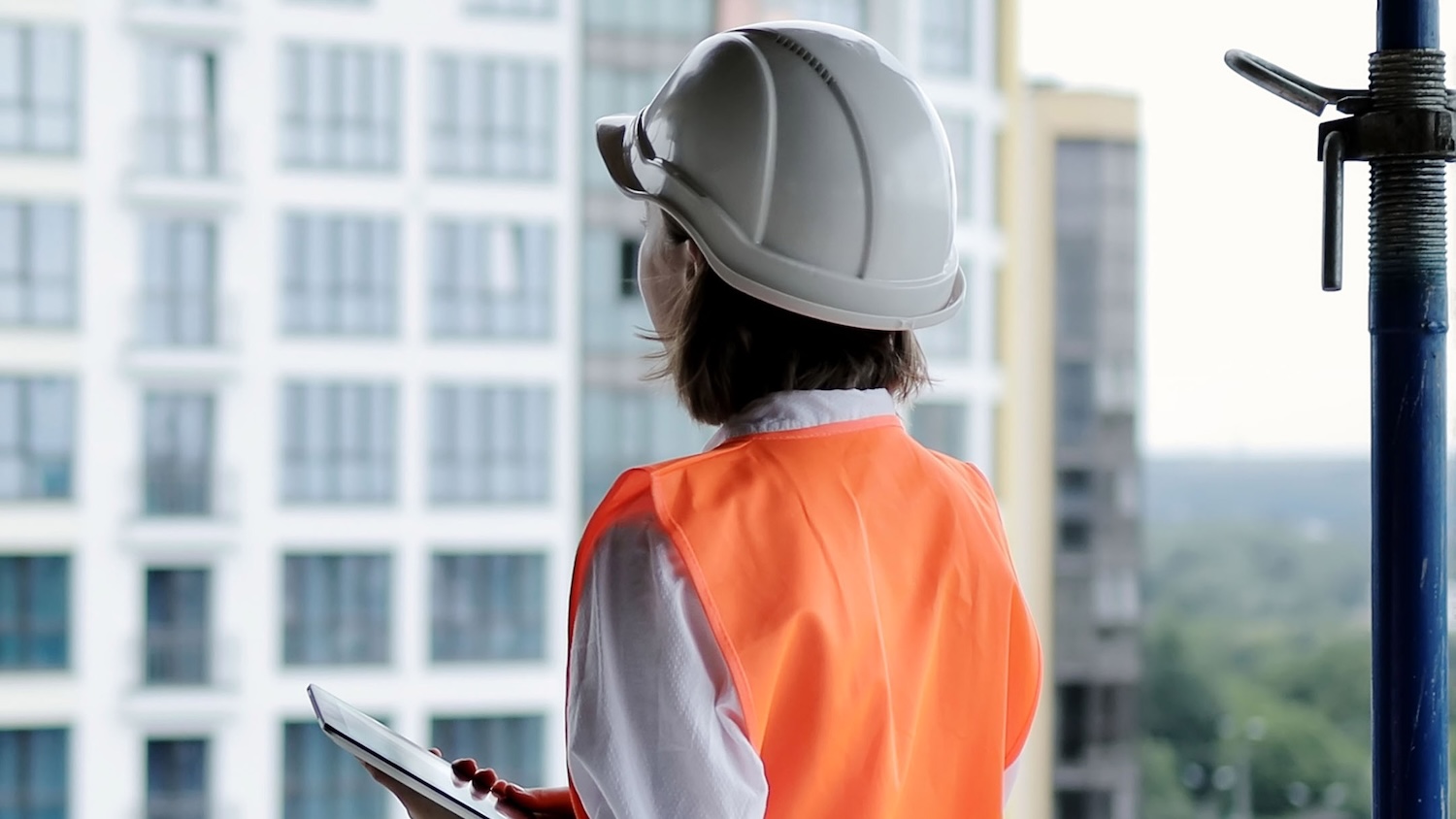
How to break barriers as a female site manager
Ahead of International Women’s Day, site manager Olivia Riley offers her advice for the next generation of women looking to work in construction, and the lessons she’s learned along the way
According to the Office for National Statistics (ONS), women made up only 15.8% of the construction workforce in 2023. Despite this being an increase of 1.2% since the global pandemic, there is still a long way to go.
Women are often underrepresented in this industry. However, it’s encouraging to see more women rise up the ranks and take up positions in male-dominated sectors, and not just admin roles.
It’s also encouraging to see the development of diversity and inclusion within the industry too.
The site managers who have come before me will have seen a huge change in the industry, but we need to keep going.
As such, here are a few tips I’ve picked up along the way for any other women looking to embark on a career in the construction industry.
1. Be mindful of imposter syndrome
I’ve worked in male-dominated industries my whole life, previously working in sales for Mercedes.
Research from The Executive Development Network has found more than half of women (54%) feel they have experienced imposter syndrome, compared with just 38% of men.
Everyone can suffer from imposter syndrome at times, but your gender should not make you feel more like an imposter.
If you’re worried about being the only female around, try to remember that everyone is human, and you are deserving of your role.
2. Take time to learn the trade
As a site manager, it’s important to learn the best ways to work with contractors and staff, so things run smoothly.
Although you have authority and experience to share, there is still a lot you can learn from others.
When working with contractors, take the time to understand each of their trades and their experiences. This will help you become a better manager, but also help to build a rapport for the times you do need to have more difficult conversations.
There have been times when I’ve had to give instructions, or where I’ve had to repeat myself a few times as it’s not been taken as seriously the first time. Thankfully, this is quite rare, but taking time to learn the trade can help increase respect on both sides.
I’ve lost count of the number of times people have asked me who the site manager is… It brings me great joy to tell them I am the site manager, as it puts their unconscious bias into question
3. Unconscious bias still exists
Last year, research from construction recruiter Randstad found that 72% of women in construction have experienced some form of gender discrimination.
I’ve lost count of the number of times people have asked me who the site manager is, having preconceptions that it wouldn’t be me.
It brings me great joy to tell them I am the site manager, as it puts their unconscious bias into question. The more women we see in construction, the more we will help break this stigma.
4. Get some hands-on experience
There are a lot of transferable skills you can bring to a site manager role, especially if you’ve worked in a customer service role before.
Start by looking at these attributes and find some experience at a housebuilder or developer to immerse yourself in the industry.
I was lucky enough to find a trainee position at Lincolnshire housebuilder Chestnut Homes, which supported me with my certifications.
It can be difficult to find these apprenticeships everywhere, so you might want to explore doing the Site Management Safety Training Scheme (SMSTS) and further qualifications yourself.
A route most people don’t think about is getting experience on-site in a labourer role. I’ve seen first hand the growth opportunities for people who start on-site and work their way up to trainee site managers.
Not only do you get your foot in the door, but you get to learn the role from the other side.
5. Find your management style
Everyone does things differently, but you need to find what works for you. To be a good site manager, you need to be organised, have great communication skills and be able to create an approachable and supportive environment.
The construction industry is also currently in the midst of a mental health crisis, so I’m always committed to doing all I can to ensure I have a strong relationship with everyone on my site too, so they know they can come to me if they’re struggling with anything.
Olivia Riley is a site manager at Chestnut Homes.






